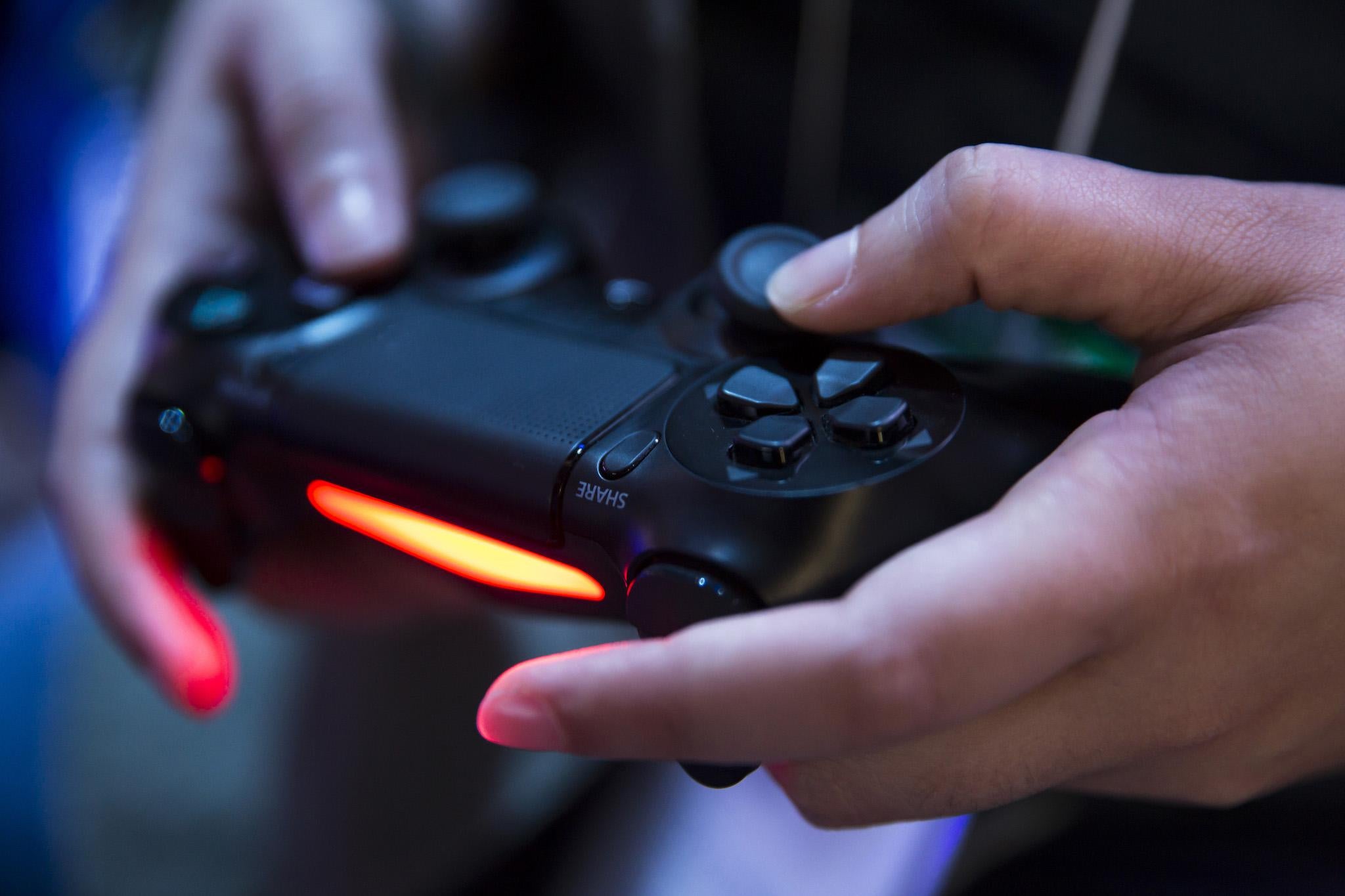PS5 controller could track ‘biofeedback’ such as sweat and heart rate, patent suggests
Games could get easier if players are stressed, Sony indicates

A new PlayStation controller could sense "biofeedback" to adapt games to your body, according to a new patent.
Sony has filed new patents that show it is working on technology that could pick up signals such as a player's sweat and heart rate to understand how they are feeling.
That information could then be fed into the game to make them more immersive and less stressful.
The new documents show patent filings for a "biofeedback sensor attachment for a controller". Sony's plan appears to consider the sensors as an accessory, rather than an entirely new controller, noting that it can be difficult to expect people to buy entirely new accessories for new features.
The patent makes no reference to any particular piece of hardware, suggesting that it could be added to any generation of controller, or none at all. But the patent has been filed ahead of the expected release of the PlayStation 5 later this year, leading some to speculate that it could be part of the new console.
The patent also makes reference to "head-mountable displays", or virtual reality accessories such as the PSVR, and the requirement that games are immersive. Sony is rumoured to be planning a new version of the PSVR headset to be released after the new generation of console.
In the documents, Sony indicates that the controller would be able to pick up signals such as electrodermal activity measurements – a marker of sweat – or the speed of its player's heart rate. It could do so through adding "sleeves" to the arms of the controller, or picking up information through the buttons, the patent suggests.
The feedback could then be used to change the experience in the game, the patent suggests. If the game could tell its player was getting stressed out, for instance, then it could level down the difficulty and calm them down.
"In one example, the user may be playing a horror game; while the user would be expecting to experience a certain degree of fear, it is considered that it would be an unpleasant experience for the user if they were too frightened to continue," the description reads.
"Thus, it is advantageous to be able to detect when a user is becoming increasingly frightened and to modify in-game parameters (such as number of enemies, type of enemies, environmental lighting levels, or the sounds which are played to the user) so as to reduce the intensity of the gaming experience and put the user more at ease."
It also notes that the opposite could be true, and the game could step up the difficulty or intensity if it senses that a player is being insufficiently excited.
Bookmark popover
Removed from bookmarks